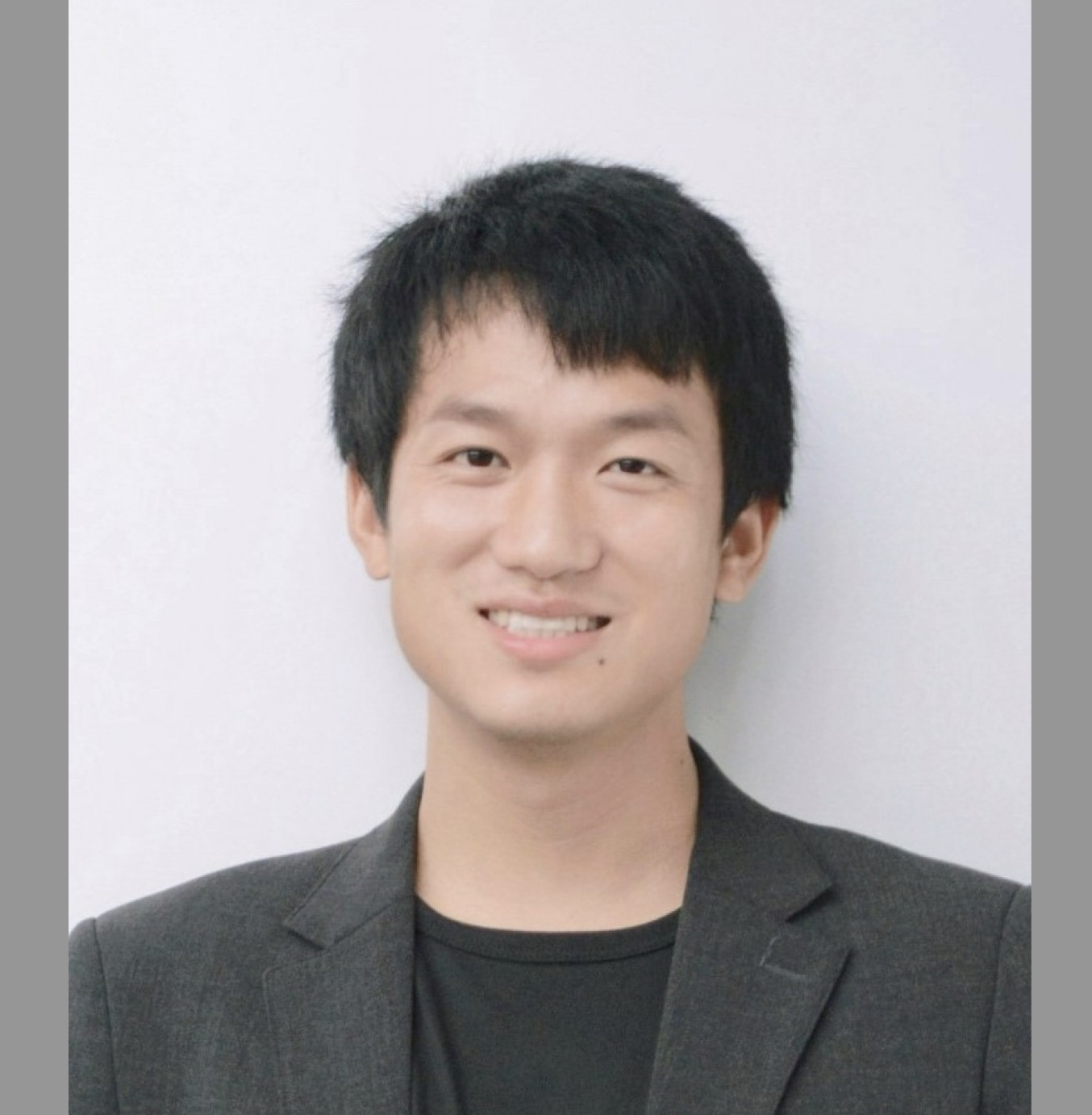| Date |
Topics |
Recommended Reading |
Pre-Lecture Questions |
Lecture Note |
Coding |
Events Deadlines |
Feedback Administrators |
| Sep. 6-17th self-study; do not come to the classroom |
Tutorial 0: GitHub, LaTeX, Colab, and ChatGPT API |
OpenAI's blog
LaTeX and
Overleaf
Colab
GitHub
|
|
|
|
|
Benyou Wang |
| Sep. 6th |
Lecture 1: Introduction to Large Language Models (LLMs) |
On the Opportunities and Risks of Foundation
Models
Sparks of Artificial General Intelligence: Early
experiments with GPT-4
|
What is ChatGPT and how to use it? |
[slide] |
|
|
Junying Chen |
| Sep. 13th |
Lecture 2: Language models and beyond |
A Neural Probabilistic Language
Model
BERT: Pre-training of Deep Bidirectional Transformers
for Language Understanding
Training language models to follow instructions with
human feedback
|
What is language model and why is it important? |
[slide] |
|
|
Ke Ji |
| Sep. 13th |
Tutorial 1: Prompt Engineering |
OpenAI's
blog
|
The Guide to LLM Prompt Engineering |
[slide] |
[Tutorial
Code] [Assignment1] |
Assignment 1 release |
Junying Chen |
| Sep. 20th |
Lecture 3: Architecture engineering and scaling law: Transformer and beyond |
Attention Is All You Need
HuggingFace's course on
Transformers
Scaling Laws for Neural Language Models
The
Transformer Family Version 2.0
On Position Embeddings in BERT
|
Why does Transformer become the backbone of LLMs? |
[slide] |
[nanoGPT] |
|
Junying Chen |
| Sep. 27th |
Lecture 4: Training LLMs from scratch |
Training language models to follow instructions with
human feedback
LLaMA: Open and Efficient Foundation Language
Models
Llama 2: Open Foundation and Fine-Tuned Chat
Models
|
How to train LLMs from scratch? |
[slide] |
[LLMZoo],
[LLMFactory] |
|
Ke Ji |
| Oct. 11th |
Lecture 5: Efficiency in LLMs |
Efficient Transformers: A Survey
FlashAttention: Fast and Memory-Efficient Exact
Attention with IO-Awareness
GPTQ: Accurate Post-Training Quantization for
Generative Pre-trained Transformers
Switch Transformers: Scaling to Trillion
Parameter Models with Simple and Efficient Sparsity
Towards a Unified View of Parameter-Efficient Transfer Learning
|
How to make LLMs train/inference faster? |
[slide] |
[llama2.c] |
|
Junying Chen |
| Oct. 11th |
Tutorial 2: train your own LLMs and assignment 2 |
|
Are you ready to train your own LLMs? |
[slide] |
[Tutorial
Code] [Assignment1] |
Assignment 2 release
|
Ke Ji |
| Oct. 18th |
Lecture 6: Knowledge, Reasoning, and Prompt engineering |
Natural Language Reasoning, A Survey and
others
Best
practices for prompt engineering with OpenAI API
prompt
engineering
|
Can LLMs reason? how to better prompt LLMs? |
[slide] |
|
Assignment 1 due (Oct. 18, 11:59pm) |
Ke Ji |
| Oct. 25th |
Lecture 7: Multimodal LLMs |
CLIP, MiniGPT-4, Stable Diffusion and others |
Can LLMs see? |
[slide] |
|
|
Junying Chen |
| Nov. 1st |
Lecture 8: LLM agent |
ToolBench
AgentBench
Retrieval-Augmented Generation for
Knowledge-Intensive NLP Tasks
LLM Powered Autonomous Agents
|
Can LLMs plan? |
[slide] |
|
|
Ke Ji |
| Nov. 8th |
Lecture 9: A Review to Spark Final Projects |
N/A |
N/A |
[slide] |
|
Final Project release |
Junying Chen |
| Nov. 15th |
Tutorial 3: Preparing your own project |
|
How to improve your LLM applications? |
[slide] |
[Final Project] |
Assignment 2 due (Nov. 15th, 11:59pm)
|
Junying Chen and Ke Ji |
| Nov. 22th |
Lecture 10: LLMs in vertical domains |
Large Language Models Encode Clinical Knowledge,
Capabilities of GPT-4 on Medical Challenge
Problems, Performance
of ChatGPT on USMLE, Medical-NLP, ChatLaw
|
Can LLMs be mature experts like doctors/lawyers? |
[slide] |
[HuatuoGPT] |
|
Junying Chen |
| Nov. 29th |
Guest lectures |
|
Geometric Deep Learning
& Efficiently Democratizing Medical LLMs |
[slide1]
[slide2]
|
|
|
Yan Hu and Xidong Wang |
| Dec. 6th |
Lecture 11: Towards AGI via Test-Time Scaling |
OpenAI-O1
|
Exploring Test-Time Scaling |
|
|
|
Junying Chen and Ke Ji |
| Dec. 13th |
Q&A Session |
|
Q&A session for final projects |
|
|
|
Junying Chen and Ke Ji |
| Dec. 20th |
Poster Presentation |
|
How to solve real-world problems using LLMs |
|
|
Final Project Presentation |
Junying Chen and Ke Ji |


